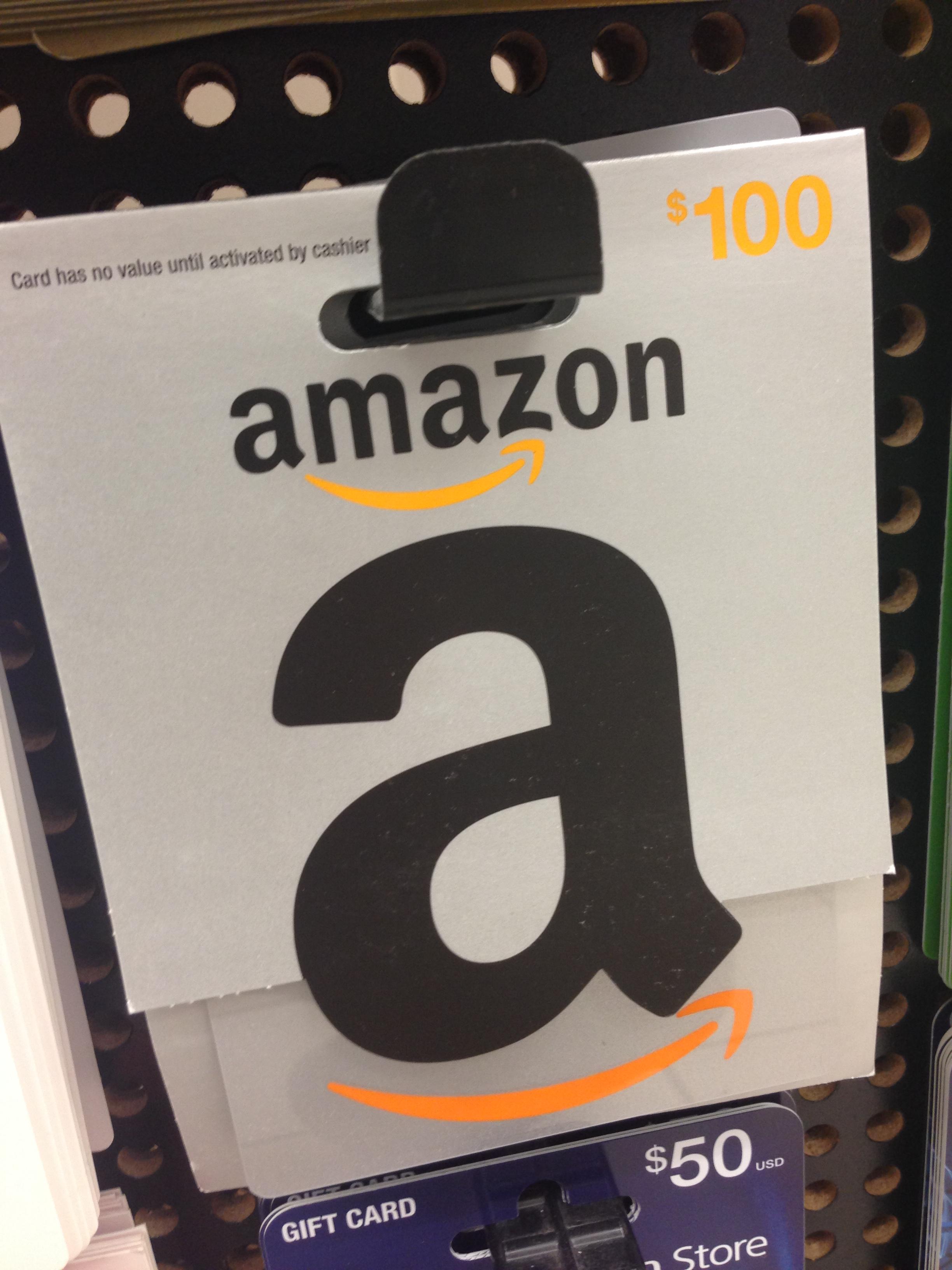
The meteoric rise of Amazon, both with respect to the breadth of its business operations and stock price, continues. On news of the rumor of its potential entry into the pharmacy market, entities speculated that may feel an impact immediately sold off. Though it’s much too early to estimate the extent of any impact Amazon’s entrance into the pharmacy market may bring, let’s take look at potential implications, courtesy of healthcare and biotech contributor Alexander J. Poulos.
By Alexander J. Poulos
Recent Amazon Hire Ignites Speculation
Amazon (AMZN) has quietly added a leader to build an in-house Pharmacy Benefit Manager (PBM) for its employees. Mark Lyons, formerly of Premera Blue Cross, has joined the e-commerce and web services giant, and we have little doubt that he is tasked with the building out a world-class PBM. In the same vein, however, we believe it may be premature to conclude that Amazon will fully enter the PBM space in the same manner as Express Scripts (ESRX), for example. Instead, the move can in some ways be considered a prudent cost-containment initiative to combat the rapid growth in Amazon’s workforce during the past few years. Amazon currently employees in excess of 300,000 employees, making it one of the top ten largest employers in the US.
As part of the competitive benefits package offered by Amazon to retain top talent, outside of salary, healthcare remains the costliest endeavor. With healthcare costs continuing to exceed the standard rate of inflation, cost containment has become crucial for Amazon as it looks to enter into more and more business lines. We view the move toward an in-house PBM in a similar light as the moves made by other large employers such as Coca-Cola (KO) and American Express (AXP) to reign in healthcare costs by forming the Health Transformation Alliance. In short, while we’re watching new developments closely, it’s far too early to say that Amazon move will derail our thesis on CVS Health (CVS), an idea in the newsletter portfolio.
Why Are Major Employers Looking to Insource Healthcare Spending?
We do not fault businesses for attempting to tackle the healthcare conundrum. The central issue, in our view, remains the lack of price transparency that continues to plague all aspects of healthcare. For example, it is not uncommon for practitioners to be unable to give an accurate view of the cost of a procedure, medication or treatment. Often, the price is derived from an insurance company after the product or service is rendered leaving the patient with a “surprise” in the form of a large payment they are often ill-prepared to cope with.
With the rollout of the Affordable Care Act (ACA), healthcare premiums have skyrocketed along with co-payments and deductibles which further frustrate payers and patients alike. In the PBM field, pure-play Express Scripts has come under intense scrutiny over the use of rebates and the percentage kept by Express as a fee for service.
PBM Rebates
The PBM industry uses rebates to extract cost concessions from drug manufacturers in exchange for favorable formulary placement. Formulary placement is critical for the sales outlook of a particular therapy–exclusion can lead to an extensive loss of market share and revenue. Express Scripts passes 85% of the total rebate amount back to its clients which at first glance seem very reasonable.
The issue that short-sellers have seized upon is a potential conflict of interest. A valid point is raised as to the need for a rebate in the first place–after all, why not just adjust the price paid for the medication to reflect the overall cost of the discount? In this scenario, the reduction in cost is felt immediately instead of a large lump-sum a few months down the road. The issue has drawn intense scrutiny from Express Scripts’ largest customer Anthem (ANTH) by virtue of its lawsuit stating the systematic pricing of medications well in excess of competitive benchmarks.
In March 2016, we filed a lawsuit against our vendor for pharmacy benefit management services, captioned Anthem, Inc. v. Express Scripts, Inc., in the U.S. District Court for the Southern District of New York. The lawsuit seeks to recover damages for pharmacy pricing that is higher than competitive benchmark pricing, damages related to operational breaches and seeks various declarations under the agreement between the parties. Our suit asserts that Express Scripts, Inc.’s, or Express Scripts, current pricing exceeds the competitive benchmark pricing required by the agreement by approximately $13,000.0 over the remaining term of the agreement, and by approximately $1,800.0 through the post-termination transition period. Further, we believe that Express Scripts’ excessive pricing has caused us to lose existing customers and prevented us from gaining new business. In addition to the amounts associated with competitive benchmark pricing, we are seeking over $158.0 in damages associated with operational breaches incurred to date.
Source: Anthem July 2016 10-Q (In Millions, Except Per Share Data or As Otherwise Stated Herein)
Express unsurprisingly has denied the allegations, but we feel Anthem holds all the cards in this dispute. Please see our detailed overview “PBMs: Express Scripts and CVS’ Looming Victory? (February 2017).” We concede the opaque nature of drug pricing contracts makes it tough to handicap if malfeasance is afoot, or if Anthem signed a less-than-favorable deal. The optics of the case remain horrible for Express, however, which we have no doubt is galvanizing the charge by other large corporations to perhaps look for internal solutions for its healthcare needs. From our perspective, we can envision a scenario where Express benefits from pricing above competitive benchmarks. By maintaining high prices, Express can then state it is controlling costs by negotiating a rebate on the back end, which is then subjected to a fee.
The weak bargaining position of Express is underscored during the latest conference call where Express is suddenly willing to offer significant concessions to retain the Anthem business. For a detailed overview, please review: “Earnings Update for the Pharmacy Services Industry (May 2017)”. Adding additional fuel to the fire is recent comments made by an executive from Gilead Sciences (GILD), per Business Insider:
“I have never met, in this entire experience, a PBM or a payer outside of the Medicaid segment that preferred a price of $50,000 over $75,000 and a rebate back to them,” Rebates paid by the drugmakers to the PBMs are meant to be passed along to whomever is paying for the drug, but the PBM is able to keep some, depending on the agreement.” — Gilead’s executive vice president of worldwide commercial operations, Jim Meyers
The $25,000 makes a huge difference regarding the portion retained by Express. Depending on the terms of the individual contract, Express will retain 15%, or in this example $3,750 per treated individual, as a fee for extracting a rebate. With over 300,000 employees and a commanding lead in cloud computing, a credible case can then be made for Amazon to build its own internal PBM. As a result, we feel it may be a bit premature to anticipate Amazon will enter the PBM market outside its internal needs, at least at this time.
Impact on CVS Health
The natural question on subscribers’ minds is how Amazon’s possible creation of an internal PBM will affect recently-added newsletter holding CVS Health. Let’s examine the issue by splitting CVS into two distinct divisions, the legacy Caremark PBM arm and the Drug Delivery division that houses the near ubiquitous CVS Pharmacies.
Caremark
By virtue of the merger with the CVS Pharmacy chain, the combined entity operates a vertically-integrated hybrid model with divisions in all aspects of drug delivery. The Caremark division remains a cash cow with growth expected to chug along nicely in 2017. Caremark, unlike its primary rival Express Scripts, does not rely as heavily on rebates to fund profitability. CVS has wisely side-stepped the rebate controversy by returning 90% of all rebates generated.
Drug Delivery
The loss of the Tricare contract in addition to a few additional plans continues to hamper revenue growth in the CVS Pharmacy stores. We expect performance to improve shortly as the company enters the PBM selling season, however. A few key wins can quickly return momentum. In our view, the crown jewel is the network of pharmacies that has been built out over the vast majority of the US.
If Amazon were to begin contracting with other corporations to provide PBM services, Express Scripts with its lack of local pharmacies remains highly exposed. The Caremark division would also suffer, even as the pharmacy field evolves toward a point-of-care service in addition to dispensing medications.
For Amazon to fully hamper CVS, it would need to build out a cluster of stores, which it has resisted thus far. The Amazon Go supermarket concept, however, could be considered the first shot across the bow, as it is Amazon’s attempt to break into the grocery store market. If Amazon were to proceed with a roll-out of the Amazon GO concept, a credible case could be made the entire Drug Delivery Model could be at risk assuming Amazon equips its supermarket concept with a pharmacy department. Amazon is also now opening brick-and-mortar book stores, a headache for Barnes & Noble (BKS), but nonetheless, more evidence that Amazon continues to evolve.
CVS Thesis Remains Intact, Amazon In the “Too-Hard to Model” Bucket
In today’s overheated market, CVS remains an attractive bargain, in our view. The company’s weighting is just shy of 3% in the Best Ideas Newsletter portfolio and just shy of 5% in the Dividend Growth Newsletter portfolio. As for Amazon, we admire the innovative nature of the e-commerce powerhouse, but we can’t get excited with the company’s investment opportunity due to the difficulty in projecting its long-term operating margin with any sort of precision, which we feel is necessary to make the case for considering shares. Even a few basis-point change in our mid-cycle forecast of Amazon’s operating margin, for example, can have a meaningful impact on our fair value estimate of the company. That said, our fair value estimate of Amazon is ~$574 per share, a far cry from the current lofty perch the equity currently enjoys. Even the high end of our fair value range, at north of $700, remains well below current prices. Amazon’s shares can certainly run higher, but we don’t have much conviction that its current price tag can be supported by future fundamentals.
Disclosures: Healthcare and biotech contributor Alexander Poulos is long Gilead Sciences, CVS Health, and Alphabet.
Related: XLP, XRT, WBA, XLV
